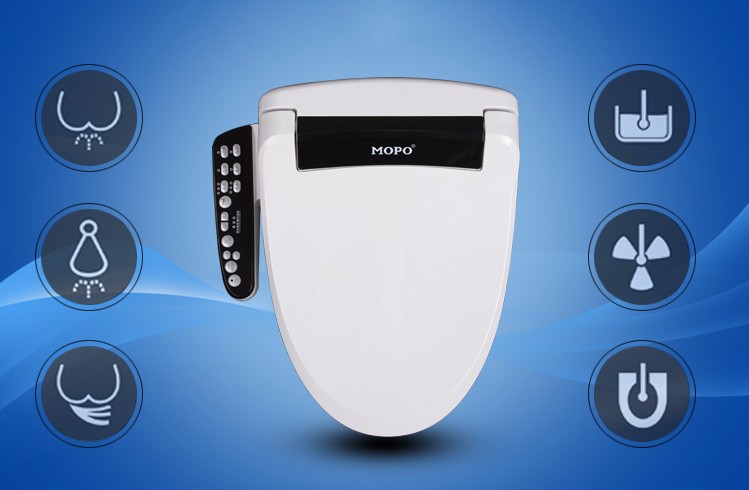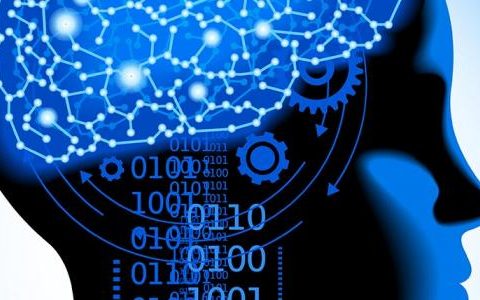
It’s perfectly anonymous and also very serious. MIT researchers and a startup have created the first artificial intelligence that can diagnose intestinal problems. On a voluntary basis, Internet users can send photos of their stool to complete this huge database and train The Artificial intelligence.
The Artificial intelligence, is increasingly present in everyday life, thanks in particular to the development of machine learning and deep learning, which allows it to analyze the world and bring new solutions.
After mastering video games, creating realistic videos or completing research, The Artificial intelligence, now attacks human feces.
Feces are a veritable mine of medical information. The visual aspect provides information on the state of the intestinal flora, diet, and provides information on the dysfunctions and diseases of the digestive system.
A group of researchers wants to create a tool that can automatically analyze stool images to assess patient health.
The project is a collaboration between researchers from the Massachusetts Institute of Technology (MIT), Auggi, a virtual coach for intestinal health as an application, and Seed, a start-up focused on microbiome health.

Internet users called to contribute for science
To create artificial intelligence capable of diagnosing intestinal problems, researchers first need a consistent image bank of human stools.
They first began their research by creating fake stools from modeling clay. Then, they went through the web looking for real images, and found their happiness on online forums, like Reddit, where many users discuss their feces and share photos …
However, the material available was far from enough.
The researchers launched a new #GiveAShit campaign that asks everyone to send photos of their feces.
Specifically, you must go to seed.com/poop/ with your smartphone, because the site refuses images from a computer.
Press the “I accept the DARE” button, fill in your e-mail address, the time of day you usually defecate, and take a picture of your turd, or request a reminder within the specified time period.
read also Artificial intelligence. What is? Its uses and endless potential
and Artificial Intelligence A-Z Learn How To Build An AI
and macOS Catalina: the main novelties of the update
may interest you Medicare insurers now offer big Apple Watch discounts

A database of 100,000 images of feces
The images are anonymized and analyzed by a team of gastroenterologists, who classify them as one of seven categories on the Bristol scale.
The researchers hope to create a database of 100,000 images that will serve as training for artificial intelligence.
The Artificial intelligence will have to learn alone to classify them on the Bristol scale to achieve the same results as the doctors.
The researchers hope to create a diagnostic tool accessible to all, which could be used especially by patients suffering from gastric problems. “They strive every day to make decisions about what to eat and the amount of physical exercise they need to control their symptoms. It is essential to build this database and develop these simple surveillance tools to enable these patients to do so from home, “said David Hachuel, co-founder of Auggi.
read also Levi’s: the new jackets connected Jacquard by Google arrive
and Apple TV plus: an early release of movies at the cinema
and Satellite Internet: SpaceX will launch its network in 2020
may interest you Elon Musk update SpaceX next-generation Starship rocket design
Google Assistant will tell you your next NYC train can arrive








